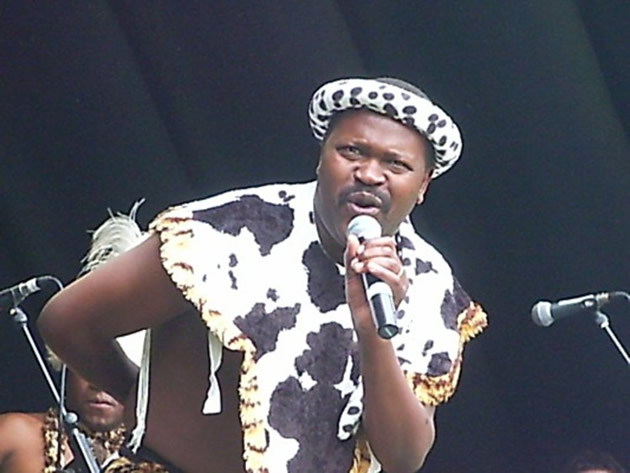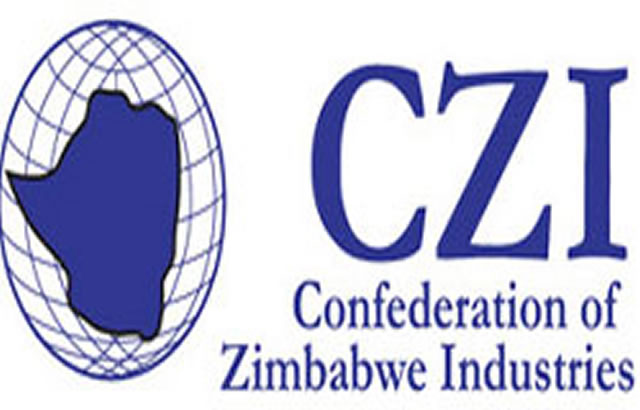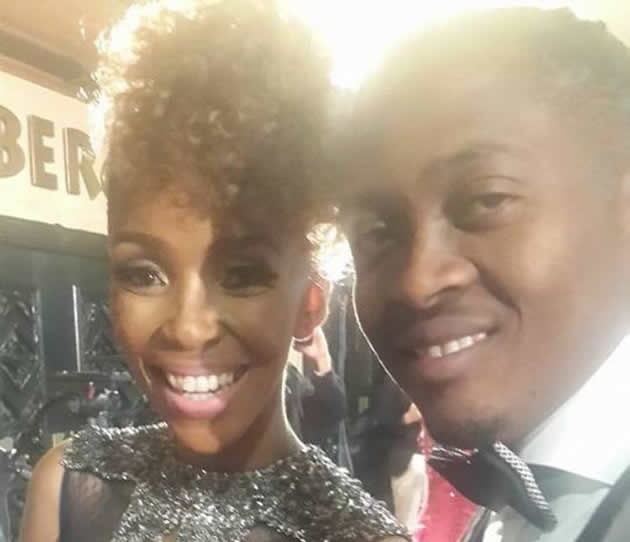Poets hail Hifa programme

 Beaven Tapureta Own Correspondent
Beaven Tapureta Own Correspondent
Chirikure Chirikure, an accomplished poet and main curator of the annual Harare International Festival of the Arts (HIFA) spoken wordprogramme, is satisfied with the growth of the poetry segment since its inception.
Speaking soon after the closing spoken word session on Sunday afternoon May 4 at the HIVOS Poetry Café, Chirikure said spoken word is being appreciated each year by both artists and the audience.
“From an artistic point of view, the programme has nurtured local and international synergies, thus achieving the spirit of HIFA which is to build bridges between languages, age, and colour,” he said.
He said that the audience’s attitude towards the programme over the past years has also been affirmative.
“When we started spoken word at HIFA, it was a free admission show. Now we have people prepared to buy tickets, supporting us. It’s something touching and very encouraging,” said Chirikure.
He added that the standard of performances has improved among the poets.
“It’s beautiful. It’s wonderful. You listen to the delivery in any language and you are amazed by the depth of the poetry as poets dig deeper into the wealth of their mother languages.
“Young artists are really taking command and control of Shona, Ndebele, Zulu, Tswana and it challenges those who think that our languages are dying.
“We still have a future in terms of the survival of our languages,” said Chirikure.
Another local established poet Albert Nyathi, who came to be part of the closing poetry session, said live literature has been an amazing part of the festival.
“It has grown as a project within HIFA. I am glad to say that it’s me who started with the idea.
“I handled the live literature and music segment when HIFA started some years ago. We used to hold it at the Girls High School in the gym hall but now it has a sponsor (HIVOS) and a good venue,” said Nyathi.
For Eric Lindner, who came all the way from Holland and was part of the spoken word programme, HIFA came as a birthday “present” as he turned 46 on May 3 when he was in Zimbabwe.
This was also his first visit to Africa.
A published writer with four poetry collections and a novel, Lindner said it was a good experience to celebrate his birthday in Zimbabwe.
He said he took a walk around the city and also visited Magaba, a busy home industry in Mbare.
Lindner, who started as a performance poet at the age of sixteen, said he was happy working with local poet Biko Mutsaurwa who made instant English translations of Lindner’s poetry on stage.
“I am interested in coming back to Zimbabwe and I also hope that my fellow poets in Holland would very much like to be here as well,” said Lindner.
He also hoped that one day Zimbabwean poets will attend one of the arts festivals in Amsterdam called “Read My World.”
Biko Mutsaurwa aka Godobori put up a shining performance laced in rich Shona figurative language and at some point, he collaborated with a gifted human beat-boxer Takudzwa Mashonganyika who provided an unusual element to spoken word scene.
Nineteen year old Mashonganyika, stage name “Pro Beatz”, could beat-box the Zimbabwe national anthem and one of Michael Jackson songs.
Beat-boxing or b-boxing, according to Wikipedia, is a form of vocal percussion primarily involving the art of producing drum beats, rhythm and musical sounds using one’s mouth, lips, tongue and voice.
Now with Pro Beatz fusing Godobori’s hip-hop poetry with his beat-boxing, there was enough proof (and truth) that there is creativity awaiting its fill in the country.
Another spoken word artist Ngonidzashe Tapiwa, who was backed by Marondera-based reggae band House of Stone, emerged from this year’s HIFA with the feeling that he can do much better.
“When I watched other artists on stage such as Maria and Mario from Portugal, I learnt confidence; that I can do better.
“It has been an inspirational exchange of cultures,” he said.
Maria (Joao) and Mario (Laginha), a Portuguese musical duo, performed on Tuesday (BancABC Day) and Wednesday (CABS Day).
Visiting Zimbabwe to participate at this year’s HIFA felt like an artistic pilgrimage for Soweto-born poet Kgafela Magogodi who relates with the country through the late talented writer Dambudzo Marechera.
“Coming to the land of Dambudzo is almost like a ritual for me.
“I grew up on the writings of Dambudzo and just being here in Zimbabwe is inspirational as I am walking on the same soil upon which a great writer once walked,” he said.
Apart from performing poetry and singing, Magogodi is also a playwright.
He co-authored a play which is going to premier this June in Soweto at a theatre festival.
Botswana poet Mandisa Mabuthoe collaborated with Ngonidzashe Tapiwa and House of Stone, she also proved her mettle in the genre at this closing poetry event.
Mandisa has recently released a poetry and music single titled “I used to be a dragon fly”. She also performs and is involved in organising festivals in Gaborone.
Performance poet Michael Mabwe who also came to witness the last poetry session remarked that although the spoken word programme went very well, there is need to have gender balance regarding performers.
“I think the programme went very well. It was varied, exciting but I noticed that gender lacked within the programme.
“Efforts should be made to have more local and international poets on board.
“All in all, it was a good programme that has added value to the poetry circles in Zimbabwe,” said Mabwe the poet.
The whole of 2014 HIFA ran under the theme “Switch On” from April 29 to May 4 and was well attended.










Comments